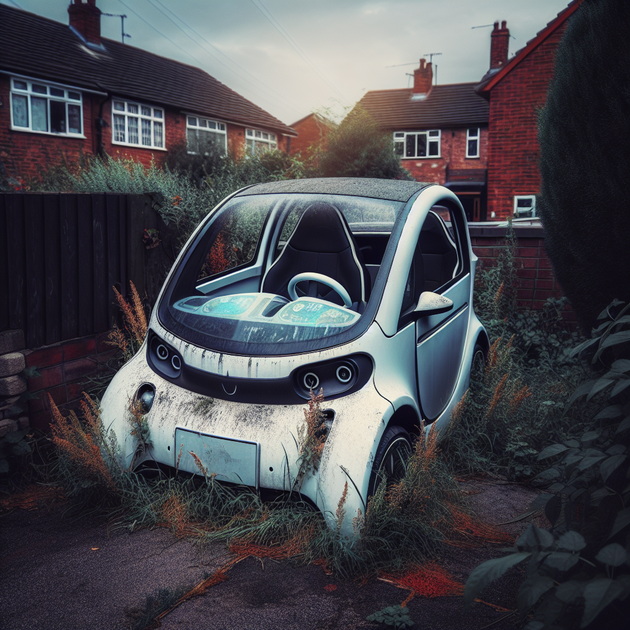What Happens When Your Car Becomes a Brick?
Imagine spending tens of thousands on a shiny new electric car, only for it to stop working in a few years—not because the wheels or engine failed, but because the software or battery just gave up. That’s not some far-off worry; it’s already happening to some drivers. Electric cars (EVs) are packed with cutting-edge tech, but as they become more reliant on software and advanced batteries, they’re starting to age a lot like our smartphones—quickly and sometimes unexpectedly.
Why Are Electric Cars Aging Faster?
Unlike traditional gas cars that can run for decades with basic maintenance, electric vehicles rely heavily on two things that age fast: batteries and software. Here’s what’s going on:
- Batteries degrade over time. All rechargeable batteries lose capacity with each charge cycle. In electric cars, this means shorter range every year—eventually reaching a point where the car is no longer practical.
- Software support ends. Car manufacturers release frequent updates to fix bugs and add features. But just like with phones or laptops, older models stop getting updates after a while. This can mean lost access to key functions—or even security risks.
- Tech moves fast. The pace of innovation in EVs is wild. Features like advanced driver assist or better charging tech can make older models feel left behind within just a few years.
According to the New York Times, some electric vehicles have already found themselves sidelined because replacement batteries are unavailable or too expensive for older models.
When Cars Outgrow Their Software
Modern electric cars aren’t just about getting from A to B—they’re rolling computers with complex operating systems. Manufacturers push out over-the-air updates to fix problems or add features. But if your model gets too old or unpopular, those updates simply stop coming.
Take what happened with some early Tesla Model S owners whose vehicles lost access to new features—and in some cases even basic navigation—when updates stopped supporting their hardware. It’s a bit like owning an old iPhone that no longer runs the latest iOS apps.
Worse yet, some EVs rely on cloud-based services for essentials like remote start or navigation. If those services are shut down (as happened with BMW ConnectedDrive when 3G networks were discontinued), parts of your car could just stop working—no matter how well you cared for the vehicle itself.
Anecdote: When an EV Became a Paperweight
A friend bought one of the earliest Nissan Leafs when they first hit the market—a bold move at the time! For the first few years, everything was great… until the battery started losing range rapidly after about six years. A replacement battery cost nearly as much as buying another used Leaf. The kicker? The onboard navigation stopped being supported by Nissan’s servers soon after.
This wasn’t a case of neglect or abuse—the car simply aged out of its useful life because the battery technology and connected services moved on.
What Can You Do To Prevent Your Electric Car From Aging Out?
While there’s no way to completely future-proof an electric vehicle right now, you can take steps to extend its useful life:
- Research before buying. Choose brands with a proven record for long-term battery support and regular software updates.
- Monitor battery health. Use built-in diagnostics (or visit your dealer) to keep tabs on battery degradation.
- Avoid frequent fast charging. This can wear out batteries faster—stick to slower charging when possible.
- Check for upgrade paths. Some automakers offer hardware or software upgrades for older models; ask before you buy.
- Stay updated on service changes. Follow news from automakers about cloud-based features or network changes that could affect your vehicle.
For more tips on maintaining your EV’s health, check out this practical guide from Consumer Reports.
The Bottom Line: Will Our Cars Become Disposable?
The idea that electric cars could become “bricks” within a decade is unsettling—but not inevitable. As buyers get savvier and manufacturers respond to concerns about lifespan and upgradability, there’s hope that tomorrow’s EVs will be built more like classic cars than last year’s phone.
Have you ever worried about your electric car aging out—or is this all part of the price we pay for progress? Let’s talk in the comments.

Leave a Reply